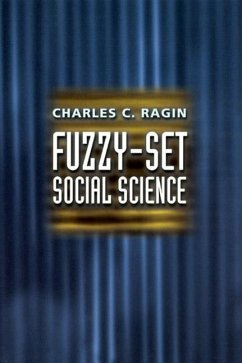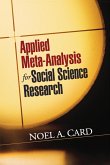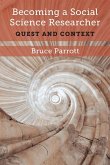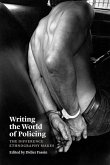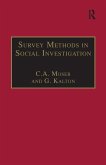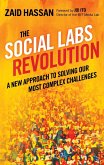In this innovative approach to the practice of social science, Charles Ragin explores the use of fuzzy sets to bridge the divide between quantitative and qualitative methods. Paradoxically, the fuzzy set is a powerful tool because it replaces an unwieldy, "fuzzy" instrument--the variable, which establishes only the positions of cases relative to each other, with a precise one--degree of membership in a well-defined set.Ragin argues that fuzzy sets allow a far richer dialogue between ideas and evidence in social research than previously possible. They let quantitative researchers abandon "homogenizing assumptions" about cases and causes, they extend diversity-oriented research strategies, and they provide a powerful connection between theory and data analysis. Most important, fuzzy sets can be carefully tailored to fit evolving theoretical concepts, sharpening quantitative tools with in-depth knowledge gained through qualitative, case-oriented inquiry. This book will revolutionize research methods not only in sociology, political science, and anthropology but in any field of inquiry dealing with complex patterns of causation.
Hinweis: Dieser Artikel kann nur an eine deutsche Lieferadresse ausgeliefert werden.
Hinweis: Dieser Artikel kann nur an eine deutsche Lieferadresse ausgeliefert werden.

